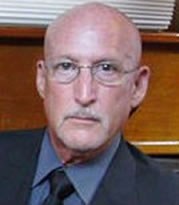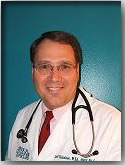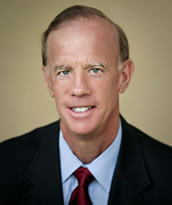Mesh is used to support the tissues in most hernia repairs in the U.S. This practice stems from research showing that without reinforcement material, hernias tend to recur frequently over the long term when the repairs are performed using suture repairs alone. Surgical mesh, made from polypropylene and similar materials formed into screens, was designed to add a supportive layer and reduce the rate of recurrence of hernias. And, broadly speaking, inguinal, ventral, and incisional hernia repairs with mesh do recur less often and have less problems than those historical comparisons using suture repair alone.
But hernia repair is a surgical procedure with potential complications, and the mesh material may play a role in some types of complications, such as erosion, sepsis, mesh contracture, and other phenomena. When litigation arises after such complications, an expert witness is called upon to identify the root cause of the complications and determine whether a breach of standard of care has occurred. The hernia surgeon expert witness is called upon to testify on standard of care, determine if there was a breach of standard of care, and assess causation of damages. One of the primary issues for the bariatric surgery expert witness is determining whether complications suffered were a result of a breach of the applicable standard of care.
Hernia repair is performed with a wide variety of techniques today, including open repairs, laparoscopic repairs and robotic repairs. In some cases, the technique of repair may be the subject of discussion at trial. Additionally, the mesh graft products exhibit different characteristics and properties, and some have been recalled. If you are wondering about a particular type of mesh and whether it has been subject to a recall, you can check the FDA website here: https://www.accessdata.fda.gov/scripts/cdrh/cfdocs/cfRES/res.cfm.
Like all medical procedures, hernia repair surgery with mesh may result in complications and allegations of product defect or medical malpractice against the treating providers and the facility. In such lawsuits the parties may find an experienced hernia surgeon expert witness valuable to assist the trier of fact in fully understanding the evidence in the case.
Dr. Kent Sasse, MD,MPH, FACS, FASCRS, FASMBS, is a Bariatric surgery thought leader. He has performed over 5,000 primary bariatric surgical procedures and 500 revisional bariatric procedures. He is a Medical Director of a nationally accredited bariatric surgery center and an award-winning teacher. Dr. Sasse is a widely published scientist and author of nine books as well as an inventor and patent holder of a bariatric surgical device. His clinical experience includes bariatric surgery and endoscopy, sleeve gastrectomy, gastric bypass, duodenal switch, reoperative surgery, revisional surgery, hiatal hernia, wound care, Barrett's esophagus, hernia mesh, hernia mesh explantation, endoscopic stenting, leaks, Ambulatory Surgery Centers, and solving complications. Dr. Sasse is a prolific public speaker and he serves on the University of Nevada School of Medicine faculty. He is an experienced expert witness at both deposition and trial. Dr. Sasse can be contacted at 707.597.2999 or drsasse@sassesurgical.com.
©Copyright - All Rights Reserved
DO NOT REPRODUCE WITHOUT WRITTEN PERMISSION BY AUTHOR.











